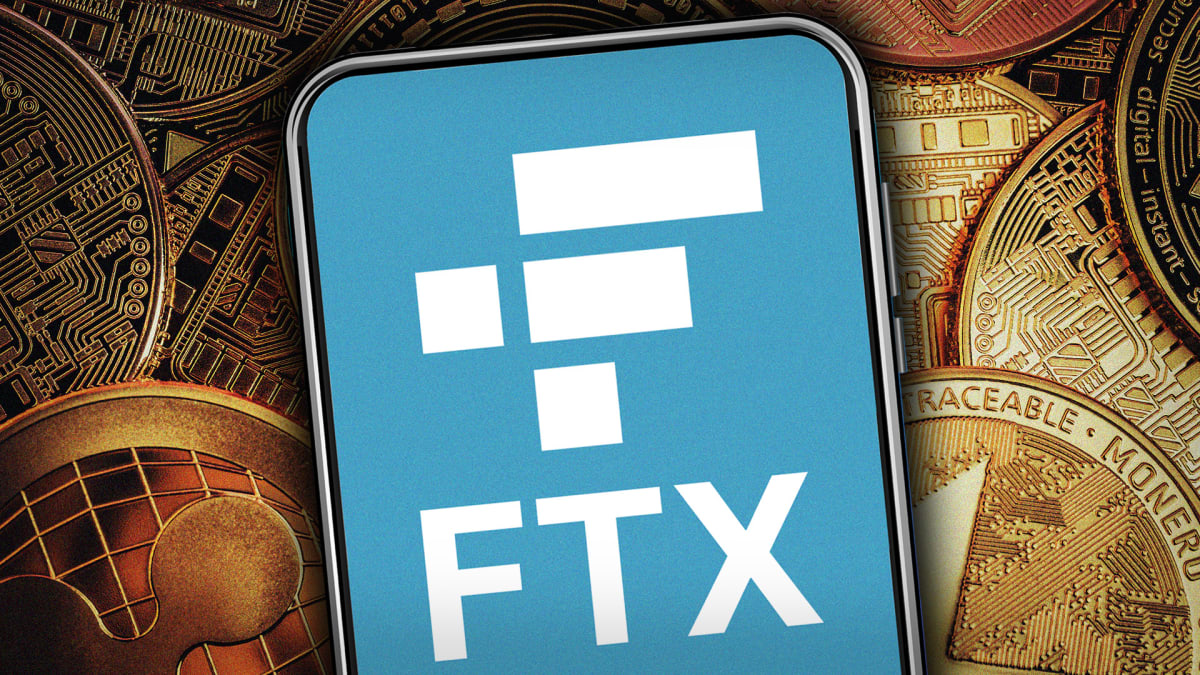
It was the Wild West.
A place where everything was acceptable, even the unthinkable.
Everything was allowed and there was no control to call to order those who went too far. There was no red line.
The CEO considered the funds of one of his companies to be his personal bank. Employees dipped into company money to buy homes in the Bahamas and none of these transactions were recorded anywhere.
There may even have been fictitious employees. The board of directors, which is supposed to rein in everyone's instincts, never met.
Welcome to the cryptocurrency empire of Sam Bankman-Fried, 30, the fallen king of the crypto sphere, who filed for Chapter 11 bankruptcy on November 11. This empire mainly includes the FTX cryptocurrency exchange and Alameda Trading, a crypto hedge fund.
'Potentially Compromised Individuals'
John Ray, the new CEO in charge of restructuring this empire, gave this scathing description in a 30-page document filed with the United States Bankruptcy court for the District of Delaware. The document was made public on November 17.
Page after page, Ray described a company whose practices seem surreal. What dominates here are lawless cowboys.
"Never in my career have I seen such a complete failure of corporate controls and such a complete absence of trustworthy financial information as occurred here," Ray wrote. "From compromised systems integrity and faulty regulatory oversight abroad, to the concentration of control in the hands of a very small group of inexperienced, unsophisticated and potentially compromised individuals, this situation is unprecedented."
Ray isn't a rookie. He was the liquidator of Enron, the broker whose collapse remains one of the biggest financial fiascos of modern times.
Each page is a bombshell, an indictment of the Bankman-Fried regime. For Ray, the former trader and his two associates -- Zixiao "Gary" Wang and Nishad Singh -- failed on several levels.
"Many of the companies in the FTX Group, especially those organized in Antigua and the Bahamas, did not have appropriate corporate governance. I understand that many entities, for example, never had board meetings," the new Chief Executive Officer blasted.
He added that there was "the use of software to conceal the misuse of customer funds."
Ray didn't provide further details. But his statement clearly undermines Backman-Fried's denial that there was a back door, allowing him to alter the records without third parties, including auditors and investors, noticing.
Reuters reported last week that FTX's financials showed that there was a "back door" in the books, created with "bespoke software." It was described as a way that Bankman-Fried could cook the books without raising any alerts.
$1 Billion in Personal Loans
"Unacceptable management practices included the use of an unsecured group email account as the root user to access confidential private keys and critically sensitive data for the FTX Group companies around the world," the seasoned restructuring veteran wrote.
The insolvency of FTX was due to a liquidity shortfall when clients attempted to withdraw funds from the platform. The liquidity shortfall appears to have been the result of FTX’s founder reportedly transferring $10 billion of customer funds from FTX to Alameda Research.
FTX faces a shortfall of $1 billion to $2 billion.
As a crypto exchange, FTX executed orders for their clients, taking their cash and buying cryptocurrencies on their behalf. FTX acted as a custodian, holding the clients’ crypto currencies.
FTX then used its clients’ crypto assets, through its sister company’s Alameda Research trading arm, to generate cash through borrowing or market making. The cash FTX borrowed was used to bail out other crypto institutions in the summer of 2022.
At the same time, FTX was using the cryptocurrency it was issuing, FTT, as collateral on its balance sheet. This represented a significant exposure, due to the concentration risk and the volatility of FTT.
According to John Ray, Bankman-Fried received a personal loan of $1 billion from Alameda. The firm also gave a $543 million personal loan to Singh, and $55 million to Ryan Salame, the co-CEO of FTX Digital Markets, one of FTX's affiliates.
Buying Homes
"In the Bahamas, I understand that corporate funds of the FTX group were used to purchase homes and other personal items for employees and advisors," the seasoned executive said.
"I understand that there does not appear to be documentation for certain of these transactions as loans, and that certain real estate was recorded in the personal name of these employees and advisors on the records of the Bahamas."
He further indicated that, to be reimbursed for business expenses, employees only had to submit the request by chat and a supervisor would immediately approve with a personalized emoji.
"The debtors did not have the type of disbursement controls that I believe are appropriate for a business enterprise," the new CEO wrote. "For example, employees of the FTX Group submitted payment requests through an on-line 'chat' platform where a disparate group of supervisors approved disbursements by responding with personalized emojis."
Finally, Ray said he still hasn't been able to locate some of the alleged employees, suggesting some either fled or didn’t exist.
"At this time, the debtors have been unable to prepare a complete list of who worked for the FTX Group," he said. "Repeated attempts to locate certain presumed employees to confirm their status have been unsuccessful to date."







